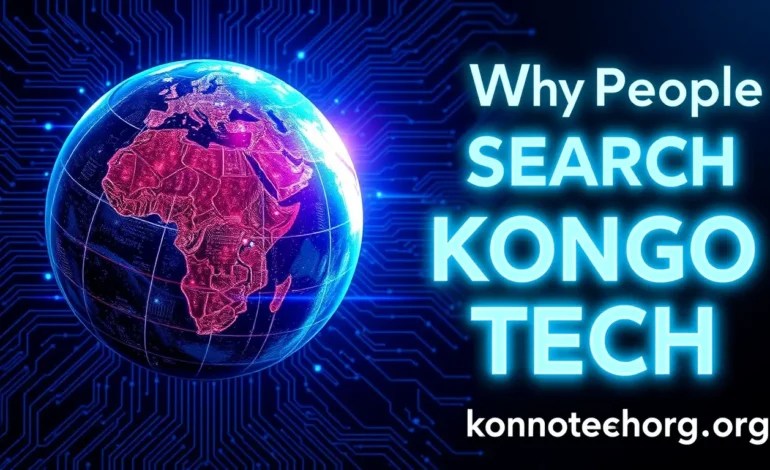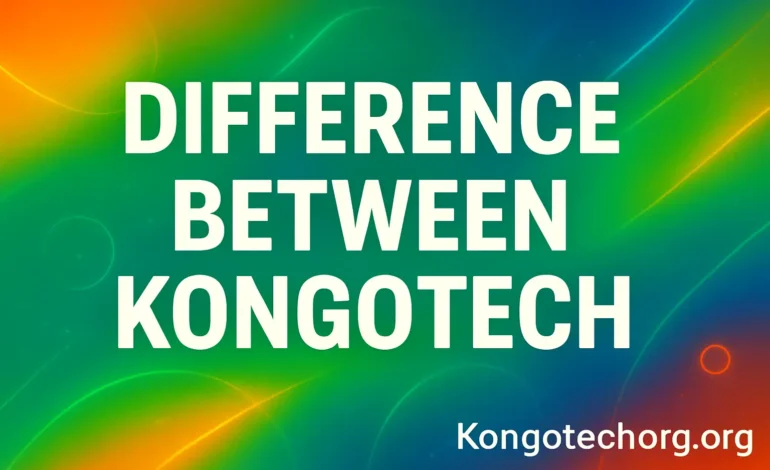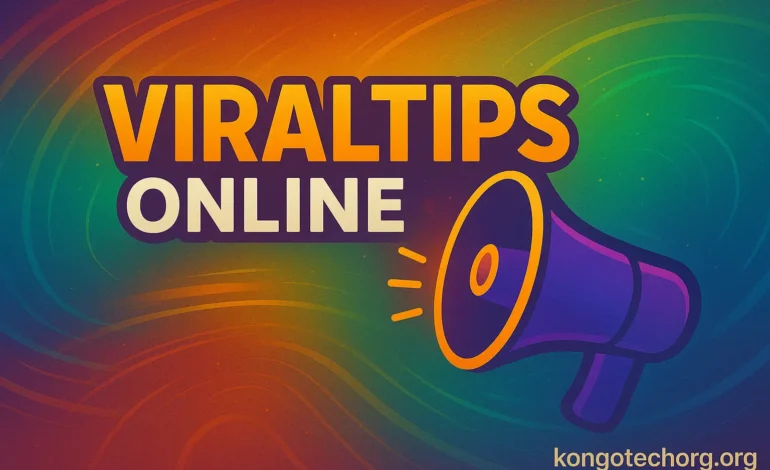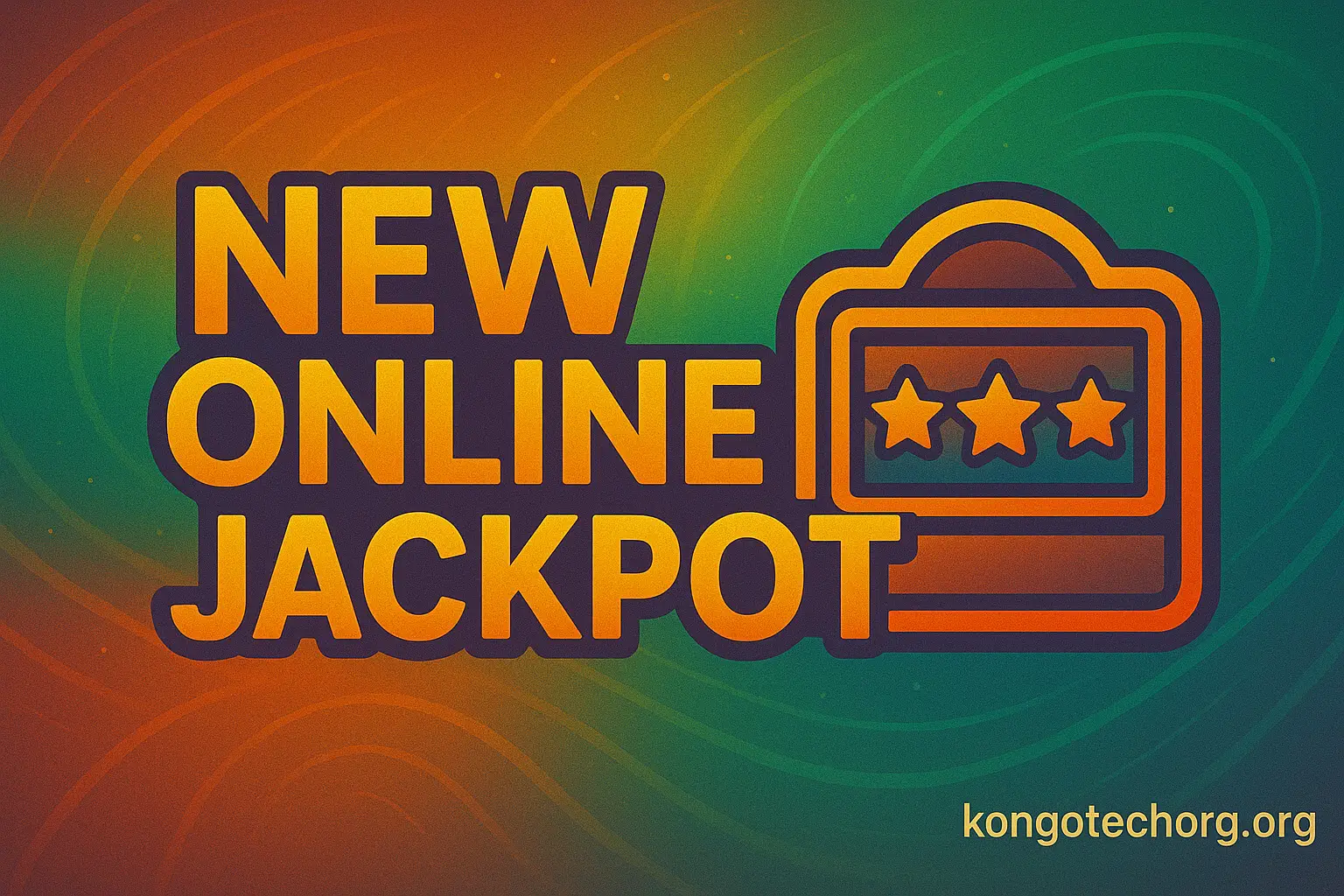Why People Search Kongo Tech, Congo Tech, Komgo Tech – Explained

Introduction
In the digital world, small variations in spelling can create big differences in how people find information online. Many users type “Kongo Tech,” “Congo Tech,” or even “Komgo Tech” while looking for technology platforms, blogs, or digital services. These search terms might look similar, but they reflect different user intentions and sometimes even different brands. Understanding why people search with these variations is important for clarity, credibility, and guiding readers to the right place.
In this article, we will explore the reasons behind these searches, what each variation represents, and how it connects with the broader digital ecosystem. The goal is to help readers understand the differences, avoid confusion, and make informed choices.
The Rise of “Kongo Tech”
Why “Kongo Tech” is Gaining Popularity
“Kongo Tech” has become a recognizable term in the digital space because it is easy to remember and associated with technology growth. Many people searching for Kongo Tech are looking for tech-related blogs, tutorials, guides, and digital insights. The spelling “Kongo” often gives the brand a unique identity compared to the common “Congo.”
People might type “Kongo Tech” because they have come across the name in articles, social media, or community discussions. This variation is directly linked to platforms like kongotechorg.org, which focuses on technology information and solutions.
What Users Expect from Kongo Tech
When users search “Kongo Tech,” they usually want structured information about software tools, digital trends, troubleshooting tips, or technology education. It is seen as a hub of practical knowledge rather than a corporate entity. The intent here is informational, meaning people want to read and learn rather than buy products.
Read Also: Difference Between Kongotech.org, kongotech.com, and Congotech
The Common Confusion with “Congo Tech”
Why “Congo Tech” Appears in Searches
“Congo Tech” is another variation that many people type, often unintentionally. Since “Congo” is a familiar geographical term, it naturally enters people’s typing habits. The word “Congo” may lead users to expect something related to African technology initiatives, startups, or local IT businesses.
For example, there are real companies and initiatives in the Democratic Republic of Congo working under similar names, and this adds to the search confusion. So, a user looking for “Kongo Tech” content might end up on results about “Congo Tech” startups instead.
User Intent for Congo Tech
The search for “Congo Tech” often indicates curiosity about African technology growth, local IT ecosystems, or small businesses named around Congo. Unlike “Kongo Tech,” which is strongly tied to online content and guides, “Congo Tech” could connect to physical businesses or regional projects.
The Misleading “Komgo Tech” Search
The Origin of “Komgo Tech”
A third variation that shows up in search engines is “Komgo Tech.” This is largely due to typing errors or phonetic spelling. However, “Komgo” is also the name of a well-known blockchain-based trade finance platform. This creates additional confusion, since people searching “Komgo Tech” might be split between two intentions: one group is looking for the finance platform, while another mistakenly types “Komgo” instead of “Kongo.”
Why People End Up Searching “Komgo Tech”
Users may land on “Komgo Tech” because they read the name quickly or confuse it with “Kongo.” Some may also genuinely want the Komgo financial services platform. This demonstrates how close spellings can divert traffic to entirely different industries.
Why These Search Variations Matter
The Role of Spelling in Online Discovery
The way people spell a brand name directly affects what they find online. In the case of Kongo Tech, Congo Tech, and Komgo Tech, even a single letter changes the search results significantly. Users who don’t know the exact spelling may struggle to reach the right platform, leading to frustration. From a digital marketing perspective, this is why keyword optimization is so important.
Building Trust Through Clarity
If a user searches “Kongo Tech” and instead finds “Congo Tech,” they might assume it’s the same thing and miss the intended content. This highlights the need for consistent branding and clear communication. Websites like kongotechorg.org address this issue by providing authentic, transparent, and valuable content under the correct spelling. By doing so, they build trust with readers who want reliable answers.
The Human Side of Search Behavior
How People Think While Typing
Search patterns are not always logical. People type based on memory, assumption, or what they’ve seen in passing. If someone remembers “Kongo Tech” but types “Congo Tech,” it’s not carelessness—it’s just natural human behavior. Similarly, if “Komgo” was mentioned in a conversation, a user might connect it with technology and type “Komgo Tech” into the search bar.
Curiosity and Exploration
Another reason people use different variations is curiosity. Someone may first find “Kongo Tech” but later wonder if “Congo Tech” or “Komgo Tech” are related. This exploration is part of how users build trust they compare, check differences, and then decide which platform provides genuine value.
Kongo Tech’s Place in the Digital Ecosystem
“Kongo Tech” has positioned itself as a go-to resource for technology-related content. Unlike “Congo Tech,” which leans toward regional businesses, or “Komgo Tech,” which belongs to the financial sector, Kongo Tech is primarily about educating and informing readers.
The presence of these variations actually benefits Kongo Tech in one way: it increases brand awareness. As more people search using different spellings, they eventually discover the right platform and recognize the value it offers.
Conclusion
The searches for “Kongo Tech,” “Congo Tech,” and “Komgo Tech” highlight how simple spelling differences influence user intent and online discovery. While Kongo Tech represents a trusted source for digital knowledge, Congo Tech often refers to regional businesses, and Komgo Tech connects to blockchain finance.
For readers, the key takeaway is to understand which platform they are truly looking for. For brands, the lesson is to maintain strong identity, optimized keywords, and clear communication. In the end, these variations are less about confusion and more about human search behavior, showing how curiosity and exploration guide people toward authentic information.
FAQs
Q1. Why do people search for Kongo Tech?
People search Kongo Tech to find technology guides, tutorials, and reliable digital information.
Q2. Is Congo Tech the same as Kongo Tech?
No, Congo Tech usually refers to African tech initiatives or local businesses, not the same as Kongo Tech.
Q3. What is Komgo Tech?
Komgo Tech is often a mistaken search for Kongo Tech, but Komgo is actually a blockchain-based trade finance platform.
Q4. How do spelling differences affect search results?
Even small spelling changes like Kongo, Congo, or Komgo lead to completely different websites and industries.
Q5. Which one is best for tech knowledge?
Kongo Tech is the trusted platform for guides, tutorials, and educational content in the technology space.







